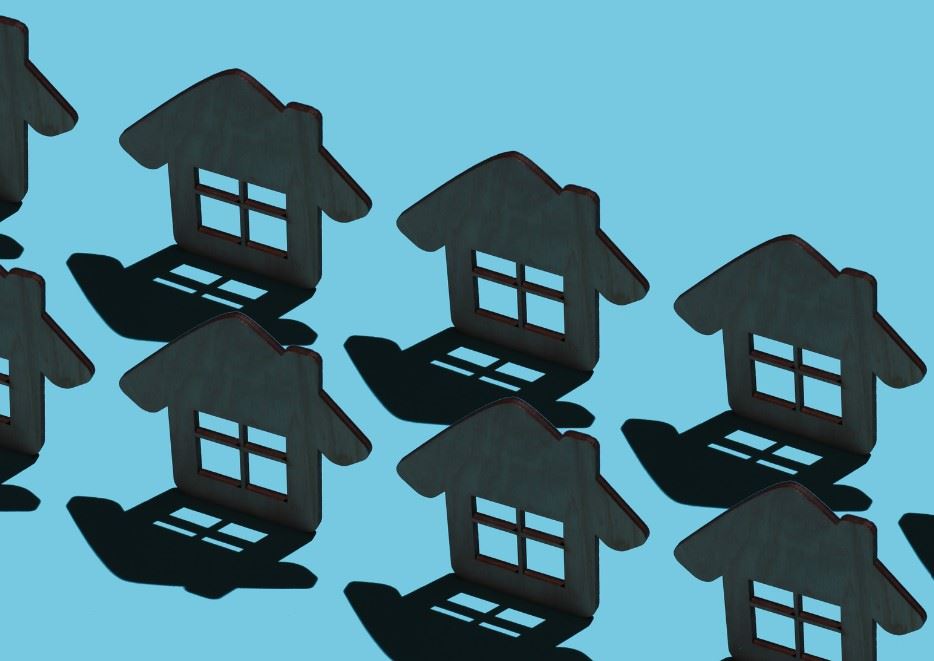 How do we compare? Arizona was the first state to establish a managed care model that was mandatory across nearly the entire Medicaid population.
How do we compare? Arizona was the first state to establish a managed care model that was mandatory across nearly the entire Medicaid population.
In September 2022, Arizona Health Care Cost Containment System (AHCCCS)—Arizona’s Medicaid program—received the Robert Wood Johnson Foundation’s 2022 Medicaid Innovation Award in “Initiatives to Address Social Determinants of Health” for its Whole Person Care Initiative.
Arizona's Medicaid program took on an innovative role in addressing social determinants of health, particularly in housing.
The Medicaid program’s Whole Person Care Initiative launched in November 2019 in order to address social determinants of health needs among Arizona Medicaid beneficiaries. However, the underlying AHCCCS principles that carried this initiative forward had started years before the initiative’s launch.
“Over the course of the last decade, we have been engaged in a very deliberative effort to integrate care—and when I talk about integrated care in this context, it's really the integration of acute care and behavioral health services,” Jami Snyder, director of AHCCCS, explained to HealthPayerIntelligence.
“We now have a number of providers in our delivery system that offer the full range of physical acute care services and behavioral health services. But as we started to think about what's next on this integration journey, it really became clear to us that if we were going to take sort of a comprehensive approach to integrated care, that we needed to broaden our perspective to include connecting individuals that we serve to needed social services and support. So really taking that whole person care perspective on our integration journey.”
The Whole Person Care Initiative was born out of this effort.
WHAT IS ARIZONA’S WHOLE PERSON CARE INITIATIVE?
The Whole Person Care Initiative focuses on addressing four social determinants of health: providing transitional housing support, offering non-medical transportation support, reducing social isolation through the long-term care system, and creating a statewide closed-loop referral system that enables providers to connect members to social services.
Full article here>
###
